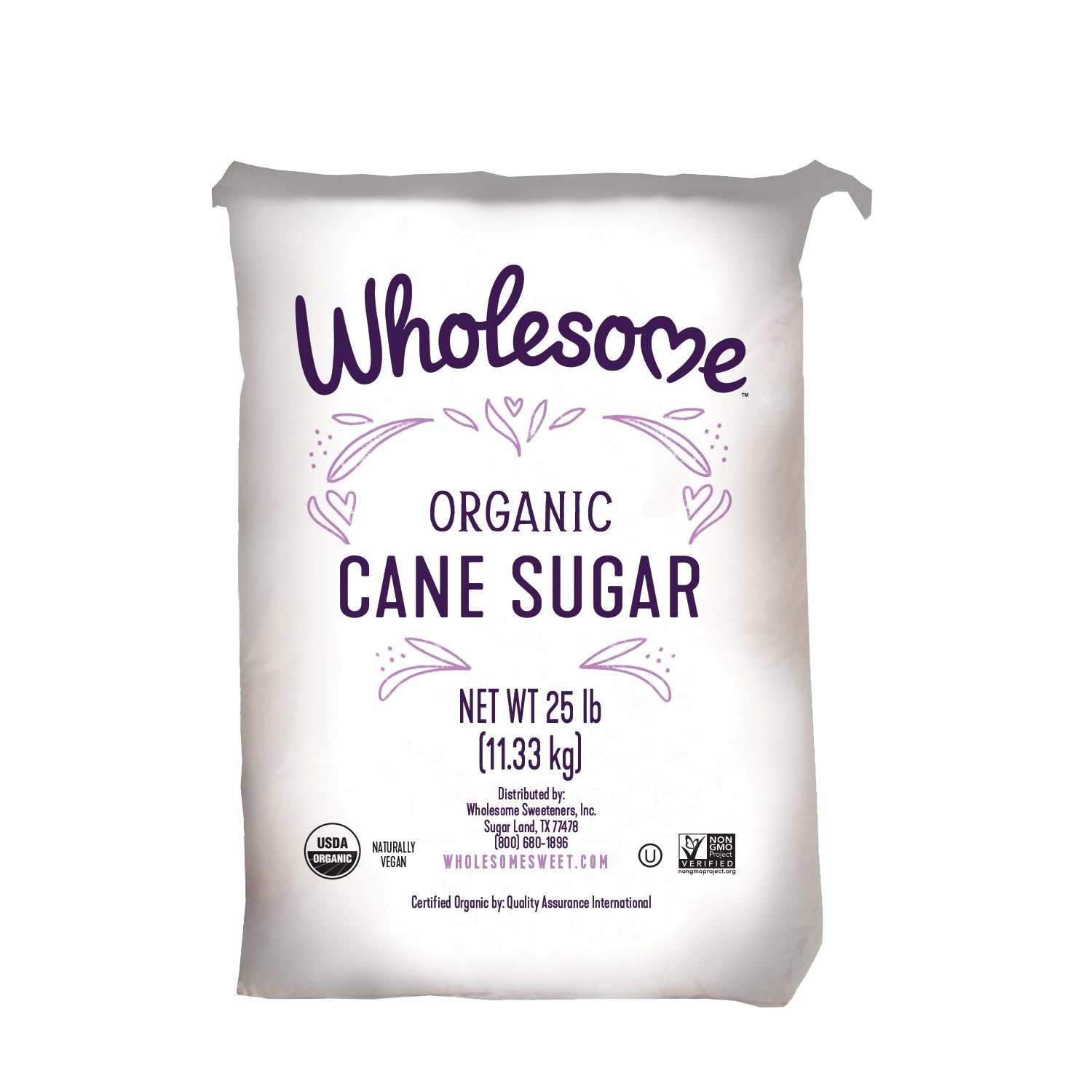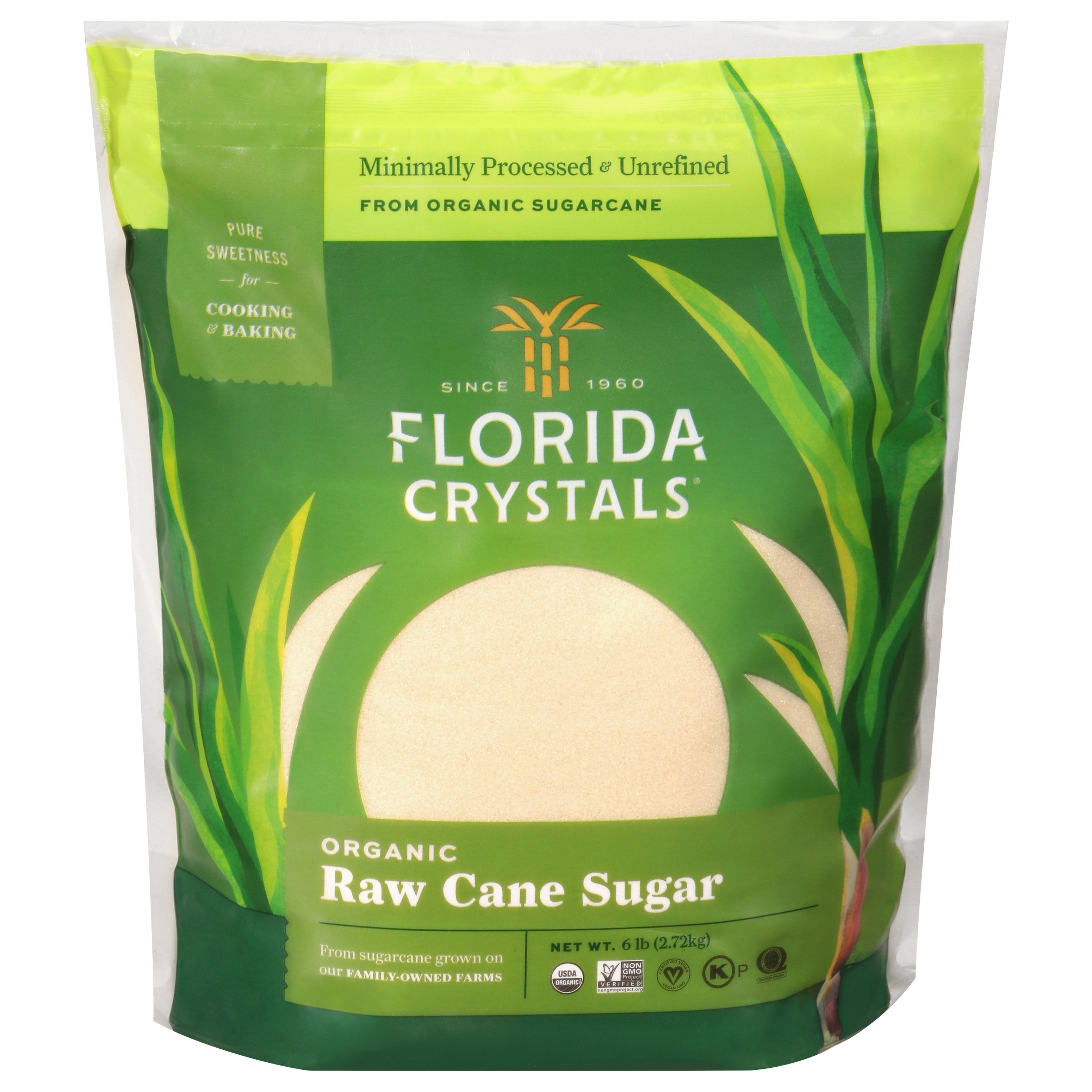Cane Sugar Processing: From Field to Table-- A Step-by-Step Guide
Cane Sugar Processing: From Field to Table-- A Step-by-Step Guide
Blog Article
A Comprehensive Review of the Health And Wellness and Economic Ramifications of Walking Stick Sugar Processing on Neighborhood Communities
Cane sugar processing plays a critical role in forming the financial landscape of regional areas, providing work opportunities and stimulating ancillary markets. The health and wellness ramifications linked with high sugar consumption can not be neglected, as they contribute to increasing prices of excessive weight and diabetes mellitus.
Economic Benefits of Cane Sugar Processing
Walking stick sugar processing provides considerable financial advantages that extend beyond the instant agricultural field. The farming and processing of sugarcane develop numerous job chances, from farming to manufacturing and distribution. This work generation not only sustains neighborhood economies yet additionally promotes area growth by giving stable revenue sources for families.
Additionally, the sugar market stimulates ancillary businesses, consisting of transport, devices supply, and product packaging services (Cane Sugar Processing). As these sectors expand, they add to an extra durable economic structure, improving total community durability. The export capacity of processed walking stick sugar better intensifies economic benefits, placing areas as affordable gamers in international markets
Investment in contemporary handling centers can bring about boosted performance and performance, thus decreasing waste and maximizing source use. This change not just profits the regional economy but likewise supports sustainability efforts by decreasing environmental influences.
Moreover, the income created from walking cane sugar handling can be reinvested in local framework, education, and health care, advertising holistic area growth. Generally, the financial advantages of walking stick sugar processing are complex, providing a structure for enduring prosperity in agricultural areas.
Health Threats Associated With Sugar Consumption
Too much sugar intake positions significant health dangers that call for serious interest. High consumption of added sugars, particularly from refined foods and drinks, has actually been linked to numerous health issues.
In addition, high sugar usage is related to heart disease. Elevated blood sugar level levels can cause insulin resistance, a precursor to different heart-related issues. In addition, sugar can have destructive impacts on dental health, causing tooth cavities and gum illness, as microorganisms in the mouth prosper on sugar, producing acids that wear down tooth enamel.
Moreover, emerging study suggests a potential web link between high sugar usage and mental wellness disorders, such as anxiety and anxiety. As communities face these wellness dangers, it becomes important to promote understanding and encourage much healthier nutritional options. Attending to sugar consumption is critical not just for individual health but also for the overall well-being of neighborhood neighborhoods, highlighting the need for detailed public health and wellness approaches.
Environmental Influences of Sugar Production
Often neglected in discussions concerning sugar's ramifications is the significant environmental impact of sugar manufacturing. The farming of sugarcane commonly demands substantial land usage, leading to deforestation, loss of biodiversity, and disturbance of local environments. The conversion of woodlands and wetlands into sugar haciendas can cause environment devastation, harmful countless types and changing eco-friendly equilibrium.
Moreover, sugar manufacturing is resource-intensive, consuming significant amounts of water for watering. This can result in depletion of regional water resources, adversely influencing both farming techniques and area accessibility to clean water. In addition, using chemical fertilizers and chemicals in sugarcane farming can add to dirt degradation and water pollution, as runoff from these chemicals gets in close-by rivers and lakes, influencing aquatic life and human health.
The environmental footprint expands to the processing phase, where power consumption and waste generation more exacerbate ecological concerns. Air pollution from burning sugarcane fields, together with greenhouse gas exhausts, add to environment adjustment. As such, the environmental ramifications of sugar manufacturing warrant major factor to consider, prompting stakeholders to take on even more sustainable practices to mitigate these adverse results on neighborhood ecosystems and neighborhoods.
Task Creation and Community Development
The ecological obstacles posed by sugar production are typically reversed by its possibility for financial advantages, especially in job creation and community advancement. The walking cane sugar sector functions as a substantial source of work in lots of backwoods, providing jobs throughout numerous ability degrees, from farming labor to handling and distribution functions. This employment not only sustains specific families yet additionally adds to the total economic vitality of neighborhood areas.
Moreover, the facility of sugar handling centers boosts secondary organizations, such as transport services, devices supply, and upkeep suppliers. As these services flourish, they produce additional work and strengthen regional economies. The profits generated from the sugar market also leads to boosted tax obligation profits, which can be reinvested right into community services such as education and learning, facilities, and healthcare growth.
Furthermore, the sugar industry usually takes part in area growth efforts, such as supporting neighborhood schools and health and wellness programs, thus boosting the quality of life for residents. By cultivating solid community connections and promoting economic growth, the walking cane sugar handling sector try here plays a crucial function in uplifting neighborhood populaces, making it a necessary element of lasting growth methods in sugar-producing regions.
Harmonizing Health And Wellness and Economic Growth
In navigating the complexities of walking cane sugar processing, an essential challenge hinges on stabilizing health and wellness factors to consider with financial development. The sugar sector considerably adds to regional economic climates by generating jobs, promoting related industries, and boosting tax incomes. Nevertheless, the health ramifications connected with extreme sugar usage can bring about chronic illness such as obesity, diabetes, and cardio concerns, which can burden public health systems and reduce workforce performance.

Additionally, governing frameworks can play a critical duty he has a good point in guiding market methods in the direction of more lasting and health-conscious methods. By promoting cooperation in between government bodies, wellness companies, and the sugar industry, communities can navigate the duality of health and financial growth, making certain that the advantages of walking cane sugar processing are equitably shared while prioritizing public health and wellness.
Conclusion
To conclude, the processing of walking stick sugar provides both considerable economic benefits and notable health and wellness risks for regional communities. While it cultivates work development and boosts regional growth, the associated wellness issues, especially relating to weight problems and diabetic issues, demand a mindful harmonizing act. By promoting liable intake and investing in area education and lasting techniques, it is feasible to optimize economic benefits while minimizing damaging wellness results, consequently guaranteeing a healthier future for neighborhood populaces.
In addition, sugar can have destructive impacts on oral health, resulting in tooth cavities and gum condition, as germs in the mouth thrive on sugar, creating acids that erode tooth enamel.
Addressing sugar usage is essential not just for individual check out this site health and wellness yet likewise for the general wellness of regional communities, emphasizing the requirement for extensive public health strategies.
Often neglected in discussions concerning sugar's effects is the considerable ecological impact of sugar production. The health implications linked with excessive sugar intake can lead to persistent conditions such as weight problems, diabetes, and cardio problems, which can problem public health systems and diminish workforce efficiency.

Report this page